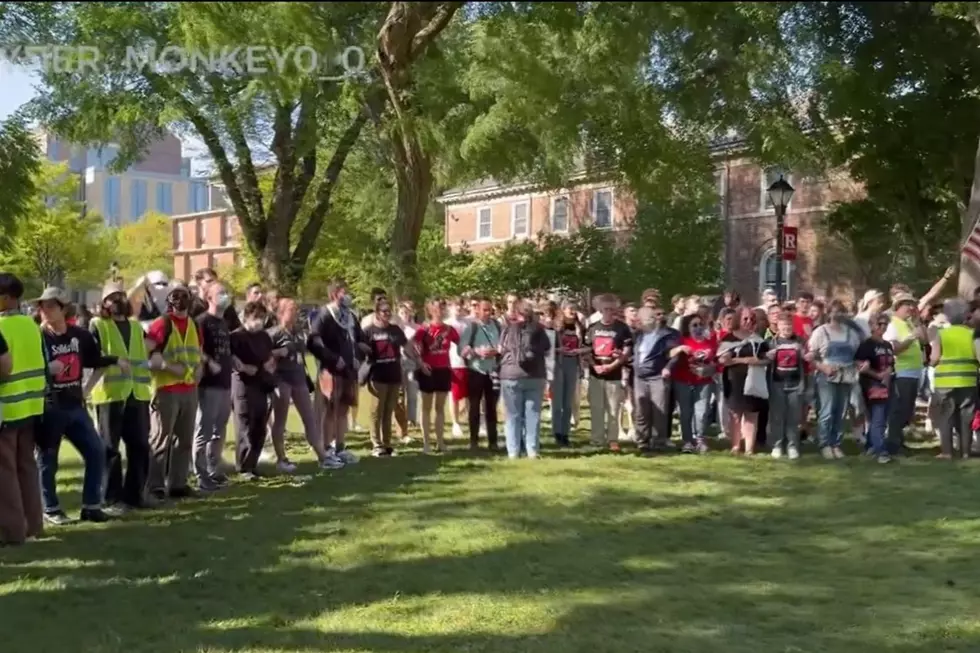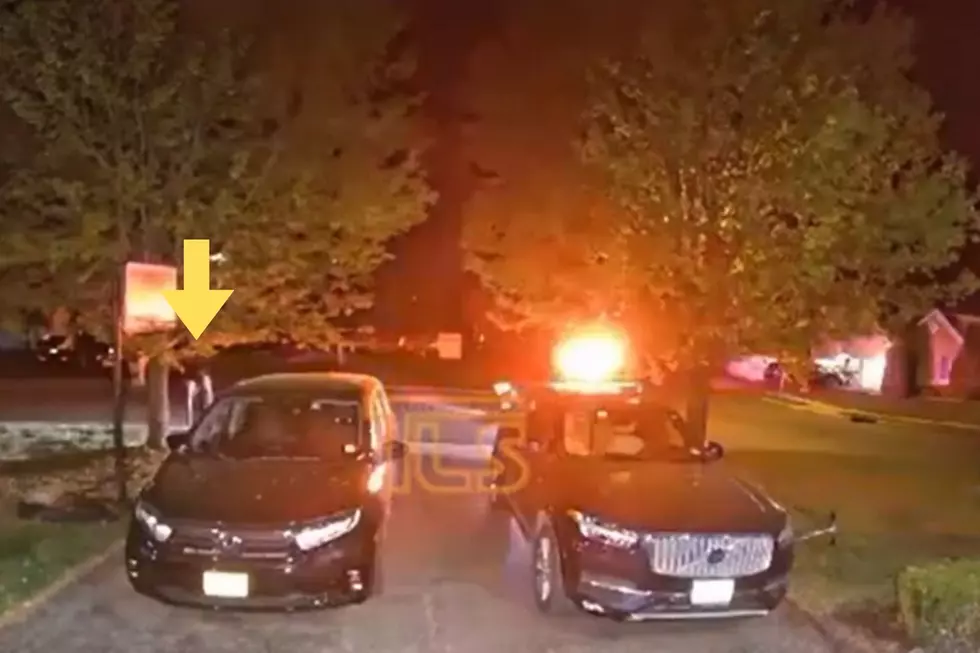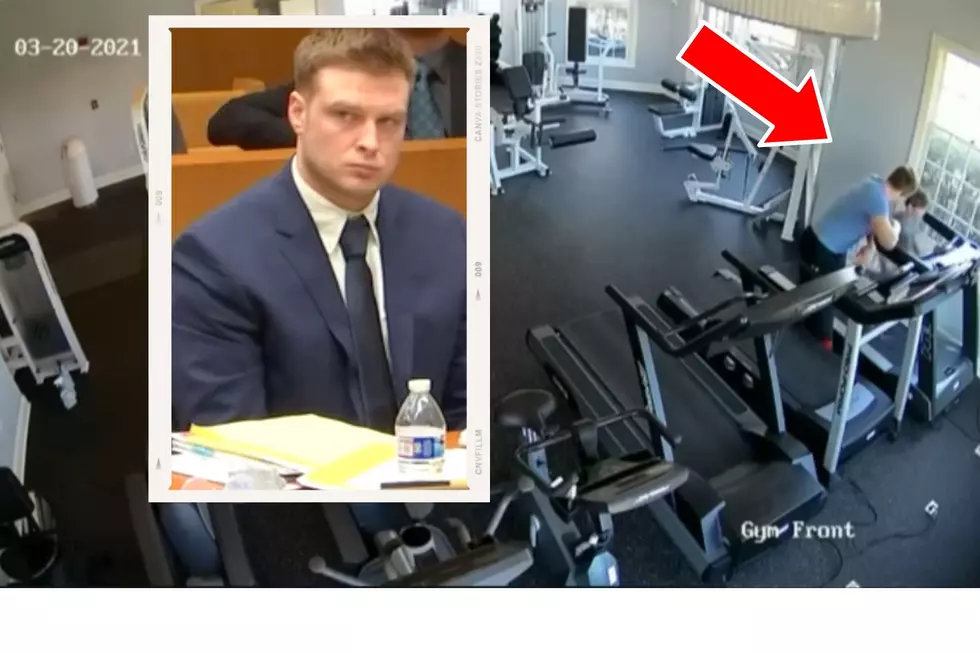
Israel, Hamas hold out for more gains in Gaza war
GAZA CITY, Gaza Strip (AP) -- Israel and Hamas are holding out for bigger gains in the Gaza war, helping explain the failure of the world's most influential diplomats to broker even a precursor to a lasting cease-fire.
Hamas wants to break the seven-year blockade of Gaza and believes the only way to force serious negotiations on ending the closure is to keep fighting. Israel wants more time to destroy Hamas' rocket arsenal and military tunnels and to inflict enough pain to deter the Islamic militant group from launching rocket attacks in the future. In a further complication, regional rivals have lined up on opposite sides and no trusted mediator has emerged.
HAMAS
Hamas was in its worst shape ever before the July 8 start of its third war with Israel since 2009. The Islamic militant group, which seized Gaza in 2007, was caught in a financial crisis that threatened its ability to govern because Egypt had sealed border smuggling tunnels, a vital source of Hamas funding. Hamas, a branch of the region's Muslim Brotherhood, also became more isolated: Egypt turned hostile after its military deposed a Brotherhood-led government in Cairo, while Hamas previously had already fallen out with patron Syria and to some extent with Iran.
With its back to the wall, Hamas agreed in April to give up some power to a unity government of technocrats, headed by its former rival, West Bank-based Palestinian President Mahmoud Abbas. But the deal faltered and by the time the war erupted, Hamas had nothing to lose.
The fighting offered a chance to focus the world's attention on the need to open Gaza. The blockade has choked not only Hamas, but Gaza's 1.7 million people.
Hamas has rejected an Egyptian plan that both sides stop fighting first and later discuss new border arrangements for Gaza. And in the coastal strip, there is support for Hamas' strategy, even among opponents of the group.
After Gaza's losses - more than 1,000 killed, more than 6,000 wounded and hundreds of homes destroyed - Hamas cannot return to the status quo ante, said Khaled Hroub, a Doha-based Hamas expert. "I cannot see them accepting anything that does not indicate clearly that there is a change in the siege of Gaza," he said.
ISRAEL
Israel wants to destroy Hamas military tunnels under the Gaza-Israel border, decimate the group's ability to fire rockets and hit Hamas hard so it won't dare attack again. Prime Minister Benjamin Netanyahu raised the idea of trying to disarm Hamas in the future, with international help, but hasn't said how.
Israel views the tunnels, used by Hamas for launching attacks, as a major threat. Only 17 of the more than 30 tunnels discovered so far have been demolished, suggesting that Israeli troops will need to remain in Gaza in coming days.
Israeli warplanes also have hit a wide range of targets in Gaza, including the homes of Hamas leaders and sites with no apparent connection to the group, such as a charity caring for the disabled. The Israeli military largely has refused to explain why specific targets were chosen, even as the United Nations says 75 percent of the dead have been civilians.
Israel ended its last ground offensive in Gaza in 2009 by withdrawing unilaterally and could end the current operation in the same way. In such a scenario, Israel would avoid prolonged negotiations over easing the Gaza closure. It could hope to win several years of quiet on the Gaza border, similar to the calm following its 2006 bombing of Lebanon that deterred that country's Hezbollah militia from cross-border attacks.
However, Israeli media say Israel is also considering expanding the operation if Hamas continues firing rockets.
THE UNITED STATES
U.S. Secretary of State John Kerry spent several days in the region last week to win agreement on an immediate weeklong truce during which talks on a new Gaza border deal would begin - a compromise between the Egyptian-Israeli and Hamas positions. However, Israel's Cabinet rejected the idea, in part because it would have meant calling off tunnel demolitions.
Kerry later met with the foreign ministers of Turkey, Qatar and several European countries in Paris. Participants raised the idea of gradually expanding brief humanitarian cease-fires into something more substantial.
Israel has offered to expand a Saturday truce, while insisting on continued tunnel demolitions. Hamas rejected the offer, viewing it as an unconditional cease-fire by another name, and resumed rocket fire. Israel, in turn, ignored a separate Hamas call Sunday for a 24-hour truce ahead of a major Muslim holiday.
ABBAS
The Palestinian president initially supported Egypt's position, but has since adopted Hamas' cease-fire demands. Public opinion in the West Bank appears to be turning against Abbas, who is perceived as not doing enough to help Gaza's suffering civilians.
After losing Gaza to Hamas in 2007, Abbas could benefit from a broader border deal. Under a plan dating back several years, troops loyal to Abbas could be deployed at Gaza crossings, enabling Israel and Egypt to ease the closure because they would not have to deal with Hamas border guards. The idea has wide international backing. Hamas has not rejected it, though it refuses to disarm and insists on retaining de facto control in the rest of Gaza.
EGYPT
Egypt has positioned itself as the sole mediator, but its tough anti-Hamas policies limit its effectiveness. Egypt fears unrestricted movement between Gaza and Egypt through the Rafah border crossing will strengthen Hamas and fuel militancy in Egypt's restive Sinai Peninsula, next to Gaza. Officials have said privately that Egypt will only open the crossing if it is not run by Hamas.
QATAR
Qatar is seen as a conduit for Hamas demands. The tiny Gulf nation, which hosts several senior Hamas leaders, has condemned the Egypt-Israel blockade of Gaza and said the international community is "turning a blind eye" to Gaza's plight.
TURKEY
Turkey likely would see a role as a mediator in a broader deal on ending the Gaza blockade. It has close ties to Hamas and has been funding projects in Gaza, including the construction of a hospital. Prime Minister Recep Tayyip Erdogan has made no secret of his distrust of Egypt, recently accusing the Egyptian leader of blocking humanitarian aid from entering Gaza.
© 2014 The Associated Press. All rights reserved. This material may not be published, broadcast, rewritten or redistributed. Learn more about our Privacy Policy and Terms of Use.
More From New Jersey 101.5 FM









